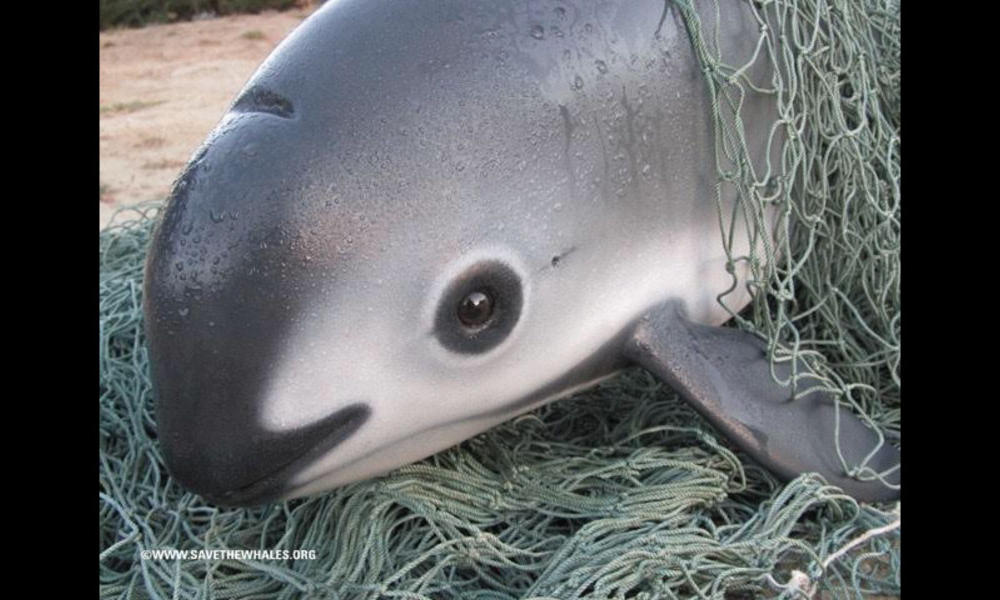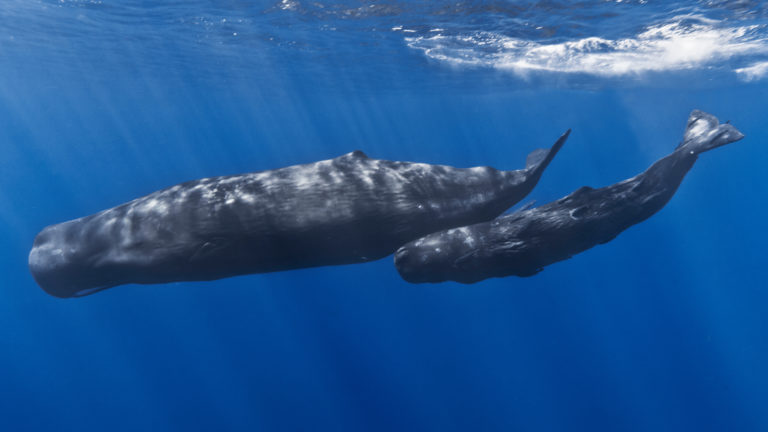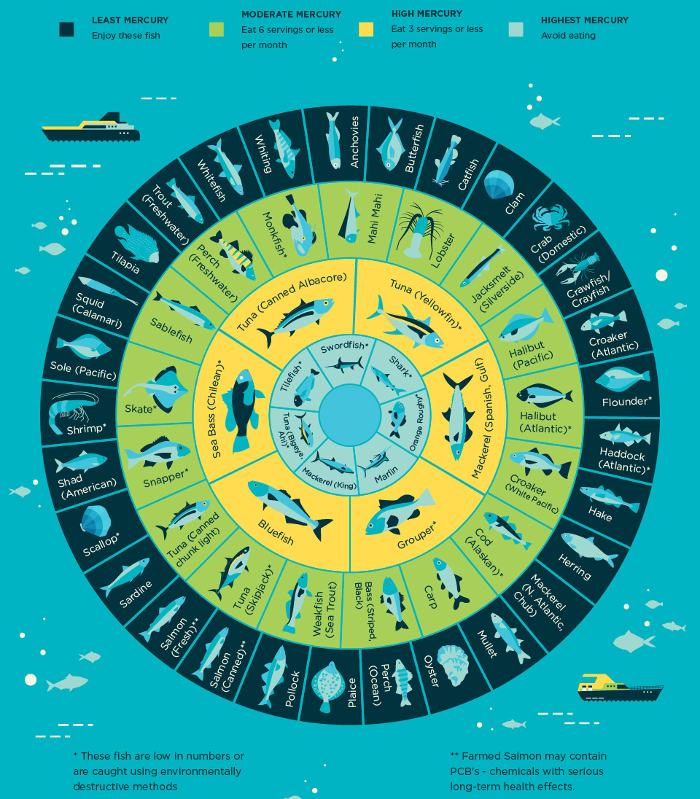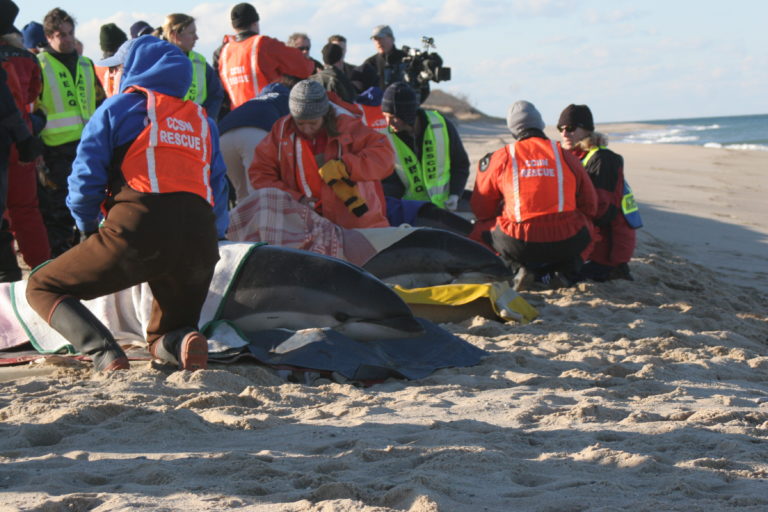The vaquita—the “panda of the ocean”—has garnered much attention over the past few years having earned the unfortunate title of most-endangered marine mammal. Vaquitas are small porpoises whose numbers have plunged by 90% in the last 5 years alone. Some say there is no hope of saving the species with only an estimated 30 individuals remaining in the wild.
Their story is all too familiar, highlighting many of the challenges of species conservation. It is impossible to disentangle the rapid population declines the vaquita has experienced from personal and economic interests, and despite policy changes attempting to remedy the damage, it may now be too late. Earlier this month, the Washington Post and New York Times broke the tragic story of a last-ditch effort gone awry.
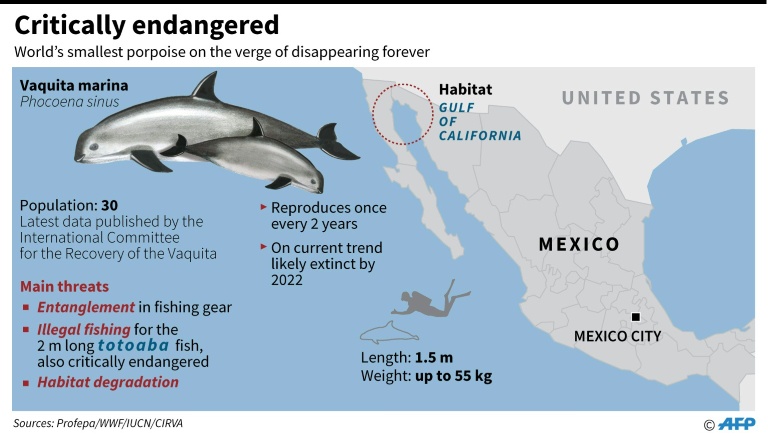
Vaquita CPR, a collaborative effort between Mexico, the U.S., and international contributors, spearheaded a campaign to save the disappearing porpoise. The organization took part in implementing an emergency conservation action plan approved by the International Committee for the Recovery of the Vaquita (CIRVA) during their 8th meeting. During the 4-phase plan, they hoped to safely capture vaquitas in the wild, determine whether they could be held in human care, begin a captive breeding program, and eventually reintroduce them into the Northern Gulf of California. The plan also addressed removing fishing gear, a frequent cause of vaquita mortality, from their natural habitat. However, after a rescue effort ended in the death of a breeding-age female vaquita last month, Vaquita CPR suspended its efforts. The tiny porpoises are fragile, and it proved difficult to capture them while ensuring good health outcomes.
The vaquita’s plight is connected to the illegal capture of one of its neighbors, the totoaba fish. A status symbol and delicacy in China, the fish fetches prices as high as $50,000 on the black market. In the frenzy for totoaba, it is the vaquita who has truly paid the price; vaquitas drown when captured in gill nets designed to catch totoaba. The Mexican government banned the use of gill nets in the Upper Gulf of California in June of this year. Now that hopes of captive breeding have been abandoned, Vaquita CPR is focusing on working with the Mexican government to reduce poaching activities.
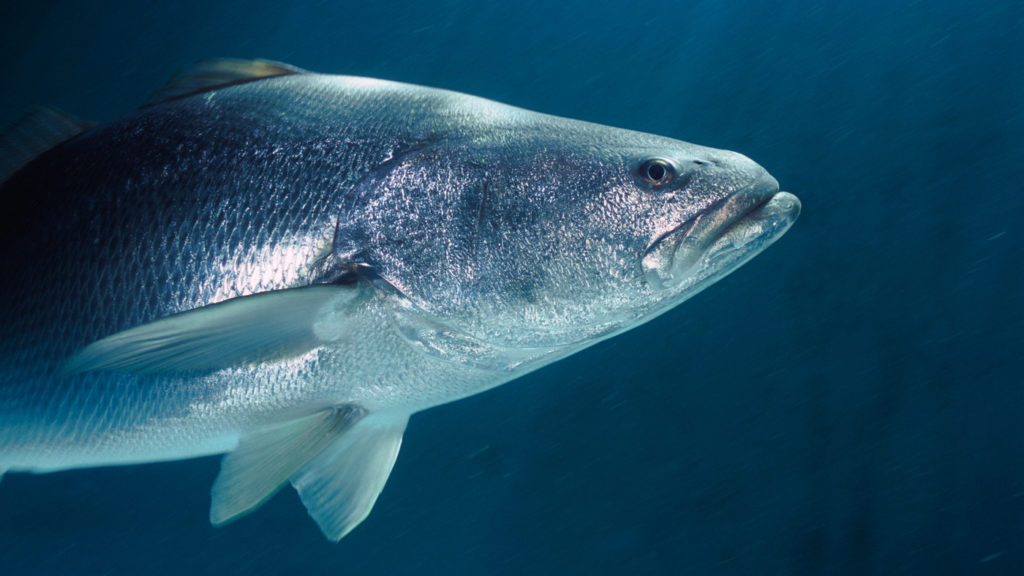
Although direct capture and rescue efforts for the vaquita have halted, conservation organizations are still pushing for public awareness and support of the vaquita. With increased enforcement of the totoaba fishing ban and pressure from the public, friends of the vaquita hope its survival may still be attained. However unlikely the hope and however grim the outlook for the vaquita, many believe that the “panda of the sea” could bring greater attention to the plight of other endangered marine mammals who still stand a chance of survival.
This story was co-written by Rebecca Parsons and Talia Levine
For sources used in this blog and additional resources on this topic, please see the Resources page.

